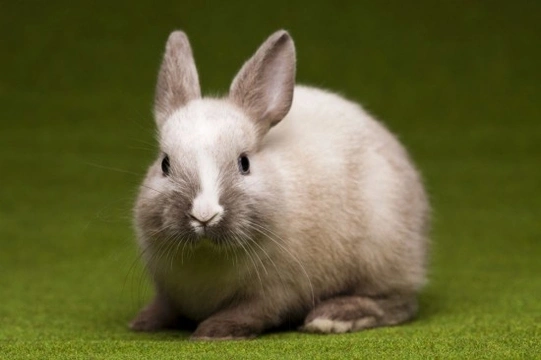Pets
Pets for studWanted petsBreedersAccessories & services
Knowledge hub
Support
Support & safety portal
Five of the most common health problems in rabbits
Rabbits are relatively delicate animals, which can be prone to a range of common and sometimes complicated diseases and conditions, regardless of how well that they are cared for. As with any condition that affects your rabbit or any other pet, early identification of the problem and acting quickly to seek treatment can make all of the difference between whether or not your rabbit survives the condition and goes on to make a full recovery.Rabbits are classed as ‘prey animals,’ meaning that they are not natural predators and are in fact considered as a viable source of food by a wide range of other animals. Because of this, rabbits are also very good at masking pain and illness, as to display signs that may mark them out as weaker than other members of the colony would single them out as a particularly easy target for larger predators. This means that it can be hard for us as owners and carers of rabbits to easily identify when something is amiss, and learning about some of the early symptoms and warning signs of problems can provide a head start in being able to do so.Read on to learn about some of the most commonly occurring health problems in rabbits that can be hard to identify in the early stages, plus how to spot them.
Gastrointestinal stasis
Gastrointestinal stasis is the name used to describe a condition where your rabbit’s digestive system shuts down and stops processing food. The metabolism of the rabbit needs to be in constant motion in order to keep them alive, and this means having access to a constant source of food and grazing materials that should be uninterrupted and readily available. Not only is it dangerous for your rabbit when their digestive system grinds to a standstill, but it is also difficult to re-start their digestive system once this has occurred, even for your veterinary surgeon. If your rabbit appears to be off their food, not eating, or not producing as much faeces as normal, this can be a sign that something has upset your rabbit’s digestive system. If you suspect that digestion has come to a halt, try listening to your rabbit’s stomach for the signs of digestion; you should be able to hear the sounds of normal metabolism within a couple of minutes if you listen closely. If digestion appears to have stalled, contact your vet for advice as soon as possible and be prepared to make a trip to the surgery.
Dental problems
Rabbits are particularly prone to suffering from problems with their teeth, as rabbit’s teeth are constantly growing and do not reach and adult size and then stop in the way that occurs in people and most other animals. It is important to have your rabbit’s teeth checked over regularly by your vet, and your rabbit may need to have his teeth trimmed or maintained by your vet on a regular basis to keep them at a healthy length and in good condition. If your rabbit appears to be going off their food, has trouble eating, has any lumps or bumps on the face that might indicate a dental abscess, or seems to drop a lot of the food that they pick up with their mouths, take them along to the vet for a dental check up.
Parasite Infestation
Rabbits can suffer from fleas, ticks and mite infestations much as cats and dogs can, and pet rabbits can easily pass parasites between each other and even your other pets. Ensure that you use a rabbit-safe veterinary approved flea treatment on your rabbit on a regular basis, and that your rabbit is checked over thoroughly for signs of ear mites, such as any discharge from the ears or excessive scratching of the head. Be careful about what flea products you use on your rabbit, as not all products that are suitable for use on cats and dogs are also suitable for use on rabbits.Finally, when your rabbit has been out in the garden or spent time in his run, check him over thoroughly for the signs of ticks on the skin, and keep a tick twister tool to hand to remove any that you might find.
Head tilt
Head tilt is the name of a condition that can be caused by a variety of factors, from a simple infection of the inner ear to more serious and potentially life-threatening illnesses such as pasturella or enchephalitozoon cuniculi, both of which are extremely serious and require immediate treatment. If your rabbit’s head is held in an unusual position or your notice that they are becoming uncoordinated and their head is resting tilted to one side, contact your veterinary surgeon right away- do not wait until surgery hours if this happens during the evening or in the night.
Respiratory infections
Rabbits can be sensitive to contracting respiratory infections, although they do not get colds in the true sense of the word.Infections and allergies of the upper respiratory tract are a particularly common problem in rabbits, and are usually indicated by sneezing, wheezing and sometimes, a discharge coming from the eyes and nose. If your rabbit appears to be suffering from breathing difficulties, is breathing fast or noisily or has a discharge that indicates congestion, contact your vet right away.
These five conditions are by no means all of the potential problems that rabbits can commonly suffer from, but they are five of the hardest to potentially identify during the early stages. All rabbit owners should undertake a significant amount of research into the potential diseases and conditions that rabbits can be prone to, and learn what signs and symptoms to be on the lookout for as part of being a responsible rabbit owner.



